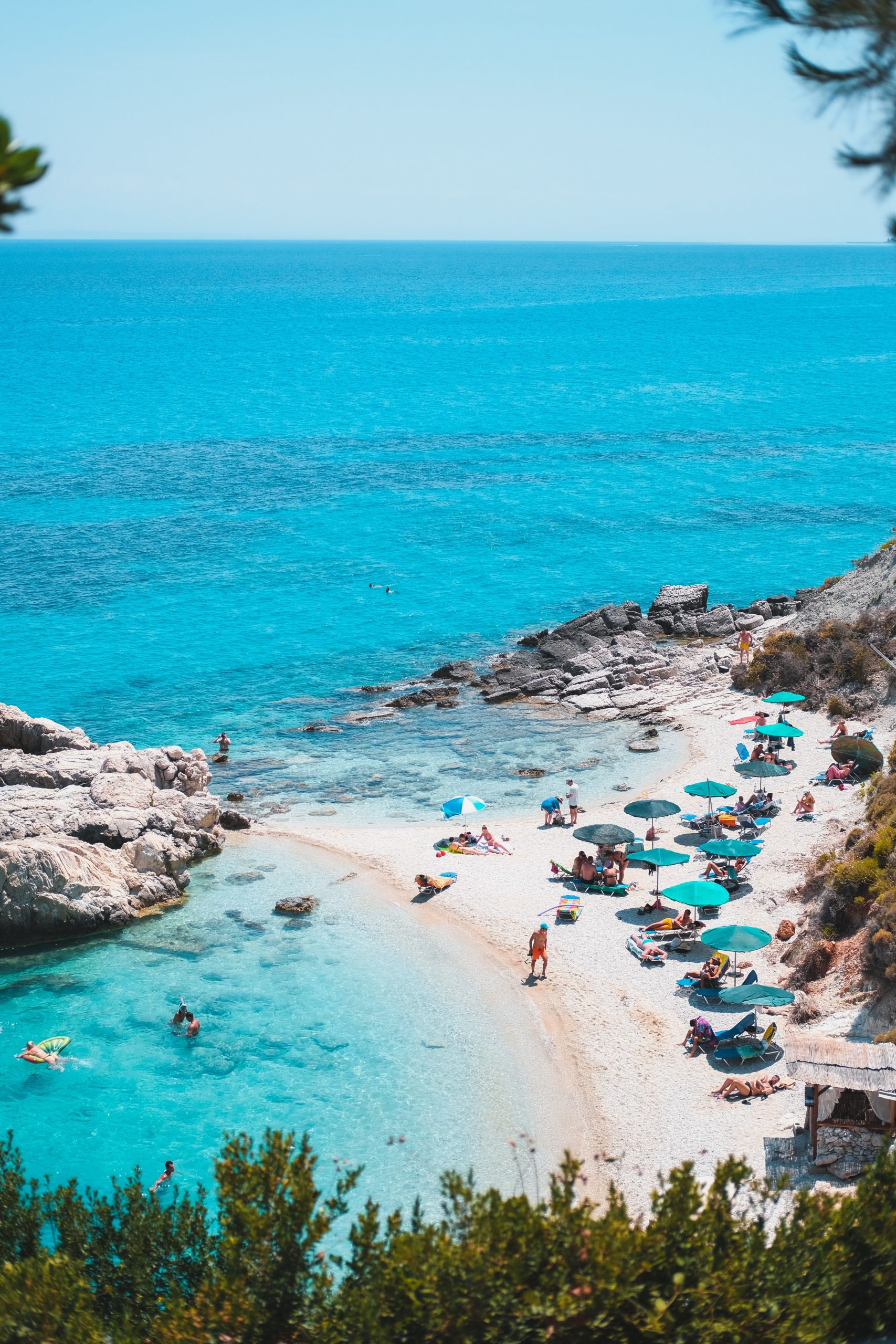Several
countries in Ukraine are mulling a ban on Russian tourists as Kremlin’s war on
Ukraine enters its sixth month. Estonia, which shares a 200-kilometre border
with Russia, is leading the charge. Poland, another country bordering the war,
has also decided to cut down on visas to Russians. The move comes following
Ukrainian President Volodymyr Zelensky’s entreaty to Europe and the Group of 7
nations, that includes the United States, to outlaw Russian tourists.
However,
the move as strong as a ban has also raised moral, political and financial
questions for many European nations. One side of the debate argues that it is
amoral to collectively punish ordinary Russians for the actions of the Russian
state. Leading this argument is German Chancellor Olaf Scholz who said: “This
is Putin’s war,” and added that it is against a visa ban on ordinary Russians.
Estonia’s Foreign
Minister Urmas Reinsalu disagrees. Speaking to NBC News, Reinsalu said, “We are
not speaking about punishment, we’re speaking about restrictive measures which
are aiming to end the war. The right to enter any particular country is not a
human right.”
Supporting
Estonia in a potential visa ban on Russians are Finland and Poland. Finland has
already decided to slash Russian visas by nearly 90%. Poland said it supports
the European Union in denying Russians the Schengen visas that allow
passport-free travel in 26 European nations.
The United
States, however, has taken a strong position against the suggestion of a visa
ban. “The US wouldn’t want to close off pathways for Russia’s dissidents or
those who are vulnerable to human rights abuses. It is important to draw a line
between the actions of the Russian government and its policies in Ukraine, and the
people of Russia,” a US State Department spokesperson said, according to NBC
News.
A potential
ban on Russian travellers is also expected to come with economic consequences. Russian
travellers spent $22.5 billion in 2021 on travel to foreign countries,
according to GlobalData, an analytics firm, which said nearly 13.7 million
international departures happened from Russia, the most to Italy and Cyprus.






